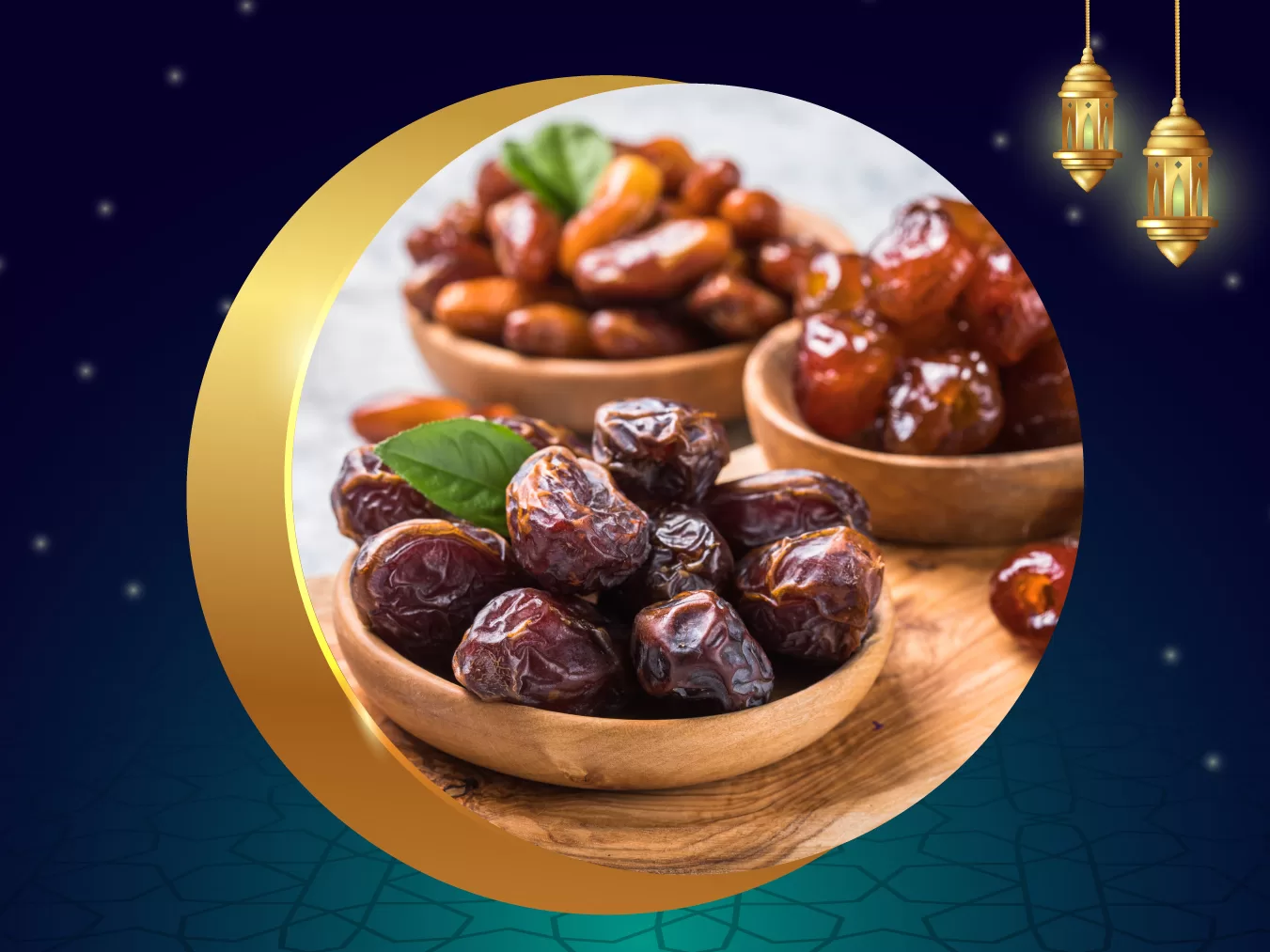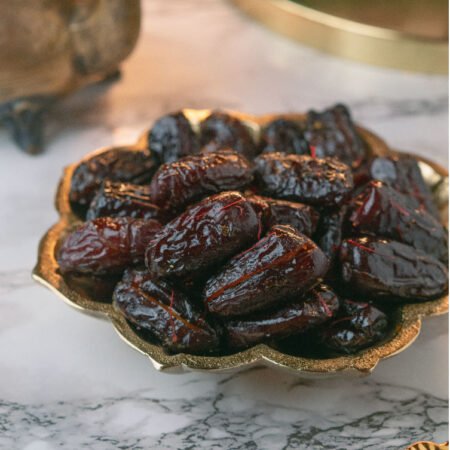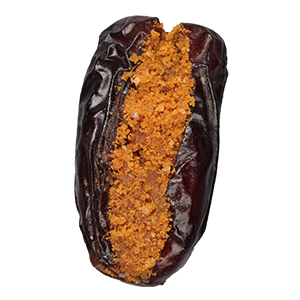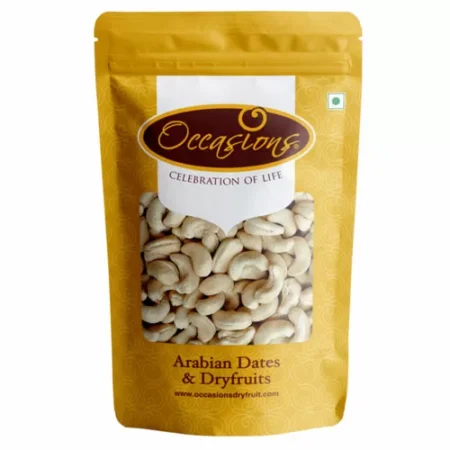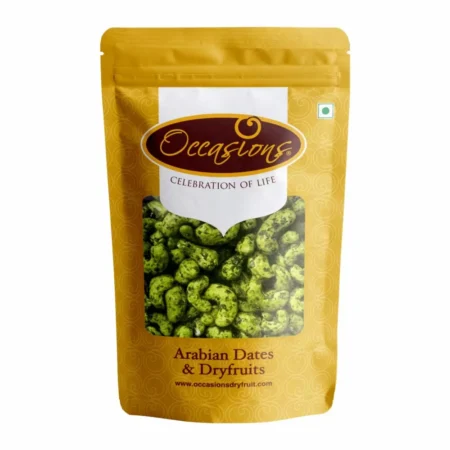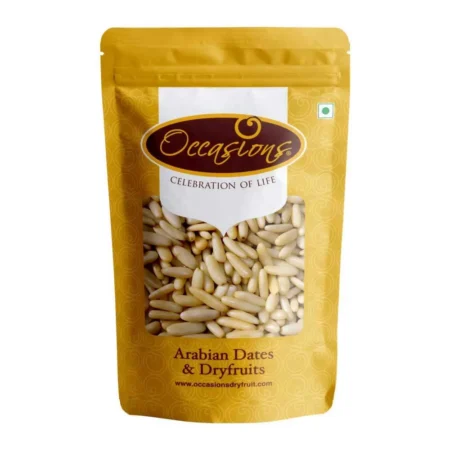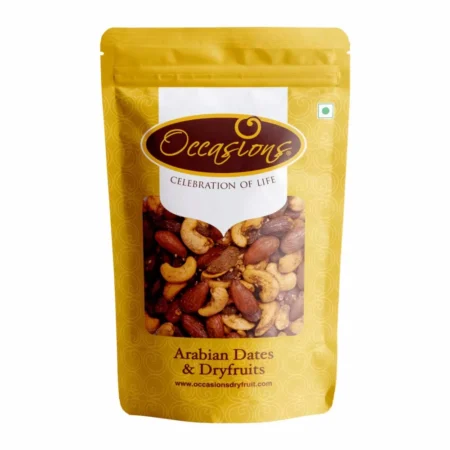Dates are a staple food during the holy month of Ramadan. These small fruits, which are packed with nutrients, have a significant meaning and hold a special place in the hearts of Muslims all around the world. During Ramadan, dates are eaten as the first food when breaking the fast, and they also hold a lot of religious and cultural significance.
Fruits of Paradise: Dates are small fruits that grow on the date palm tree, which is native to the Middle East. They have been a part of the human diet for thousands of years and were even mentioned in the Quran as one of the fruits of paradise. In Islamic culture, dates are often referred to as the “fruit of blessings” and are believed to have numerous health benefits.
Healthy and Powerhouse of Nutrition: During Ramadan, dates are eaten to break the fast because they are rich in natural sugars, which provide the body with an immediate energy boost after a day of fasting. They are also high in fiber, which helps to regulate the digestive system and keep the body feeling full for longer. Dates are also rich in vitamins and minerals, including potassium, magnesium, and vitamin B-6, which are essential for maintaining good health.
Religious Significance: Aside from their nutritional value, dates also hold a significant religious meaning. The Prophet Muhammad (peace be upon him) was known to have eaten dates when breaking his fast, and it is believed that dates were also consumed by the Prophet during his final meal before his ascension to heaven. Thus, dates hold a special place in the hearts of Muslims, and their consumption during Ramadan is considered a way to follow in the footsteps of the Prophet.
Cultural Significance: In addition to their religious and nutritional significance, dates also play an important role in Islamic culture. During Ramadan, dates are often used as a gift or a gesture of hospitality, and it is not uncommon to see dates being distributed in mosques or at community iftar events. Dates are also a popular ingredient in traditional Ramadan sweets and desserts, such as maamoul and baklava.
Furthermore, dates are also associated with generosity and charity. In Islamic culture, it is believed that giving dates to others is a way to share blessings and show gratitude for what one has. During Ramadan, many Muslims choose to donate dates to those in need, such as the poor and the homeless, as a way to give back to their communities.
In conclusion, dates are much more than just a small fruit. They hold a significant meaning and have a special place in the hearts of Muslims all around the world, especially during the holy month of Ramadan. From their nutritional value to their religious and cultural significance, dates serve as a reminder of the blessings of God and the importance of generosity and charity. So the next time you break your fast with a date, remember its big meaning and the rich cultural heritage behind this small fruit.

